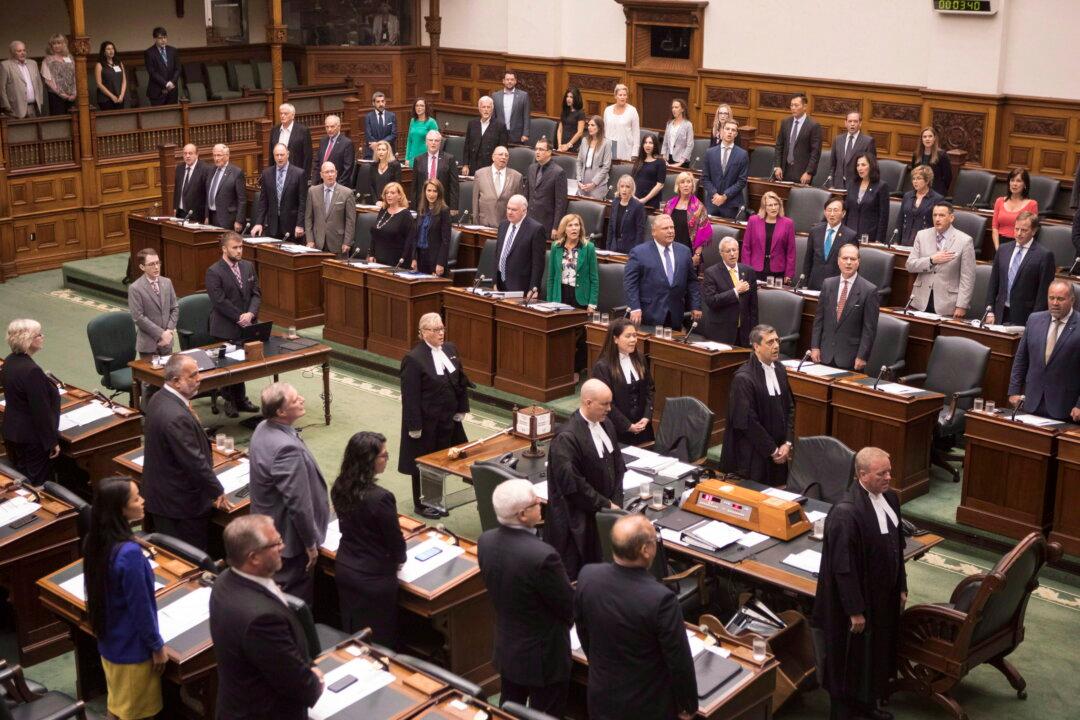Ontario’s provincial government released its 2023 budget totalling $204 billion, with money earmarked for highway expansion and construction, transit, hospital infrastructure, child care spaces, and capital grants.
The budget forecasts a small surplus of $200 million in 2024–25, three years earlier than forecast in the 2022 budget. The province will start the fiscal 2023–24 year next month with a $1.3 billion deficit.





